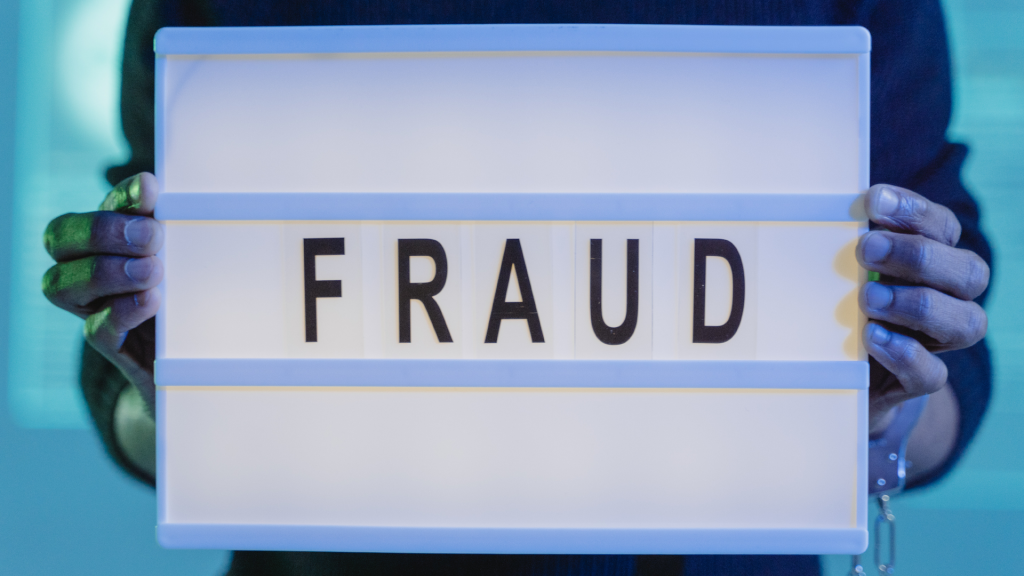
Scammers target everyone.
They rely on people being unaware and uninformed in their attempts to obtain your personal details and/or your money.
Every day, scammers prey on those who are uninformed. When they succeed, it’s because the scams appear to be authentic, trying to catch you off guard when you’re not expecting it.
While you can’t keep yourself from becoming a target of a scammer, you can protect yourself from scammers by staying alert and vigilant at all times.
Here are ways in which you can protect yourself:
- Know that scams exist. Whether you receive an unprompted email, phone call, letter or text message, consider that it might be a scam. Remember, if it looks too good to be true, it probably is.
- Don’t click on links in text messages or emails or open email attachments if you can’t verify who sent the message or you weren’t expecting it. This is one way scammers acquire access to your information.
- Be wary if asked to send money by gift card, preloaded credit cards or virtual currency. Those types of payments are virtually untraceable and almost always are the sign of a scam.
- Monitor your accounts. You should check your financial accounts daily online or through your accounts’ mobile apps, so you can catch if any unauthorized transactions have occurred. The quicker you notice fraud if it occurs, the quicker you can ensure less damage can be done.
- Check your credit report. Review your credit reports for any suspicious activity, especially accounts you didn’t open.
- Don’t divulge your personal information unless you know it’s a trusted and verified source. Scammers will frighten and threaten you and can sound very official. Don’t fall for their tactics.
As technology evolves, so do scammers. Letters and documents can be faked, which, at first glance, looks official. But there are ways you can spot a scam:
- Low-resolution images. A company wouldn’t send out an email with a low-resolution image.
- Poor spelling and grammar. If you receive a letter that doesn’t read correctly or has misspelled words, this is another sign of a scam. Companies don’t want their correspondence to look unprofessional, and documents and letters with grammatical and spelling errors are unprofessional.
- The email address doesn’t have the name of the company. Generally companies that send email will do so from an email address that has the name of the company in it.
- You weren’t expecting to be contacted. If you’re contacted out of the blue, and the correspondence says you must act now, it likely is a scam.
- You’re asked to pay money because you won a prize. If you won a prize, you shouldn’t have to pay money to receive it. You also should be wary if you won a prize for a contest you didn’t enter.
If you believe you’ve been scammed, call your bank’s fraud department. You also can report fraud to the FTC at https://reportfraud.ftc.gov/.
Opinions expressed above are the personal opinions of the author and meant for generic illustration purposes only. RCB Bank, Member FDIC.
Source:



